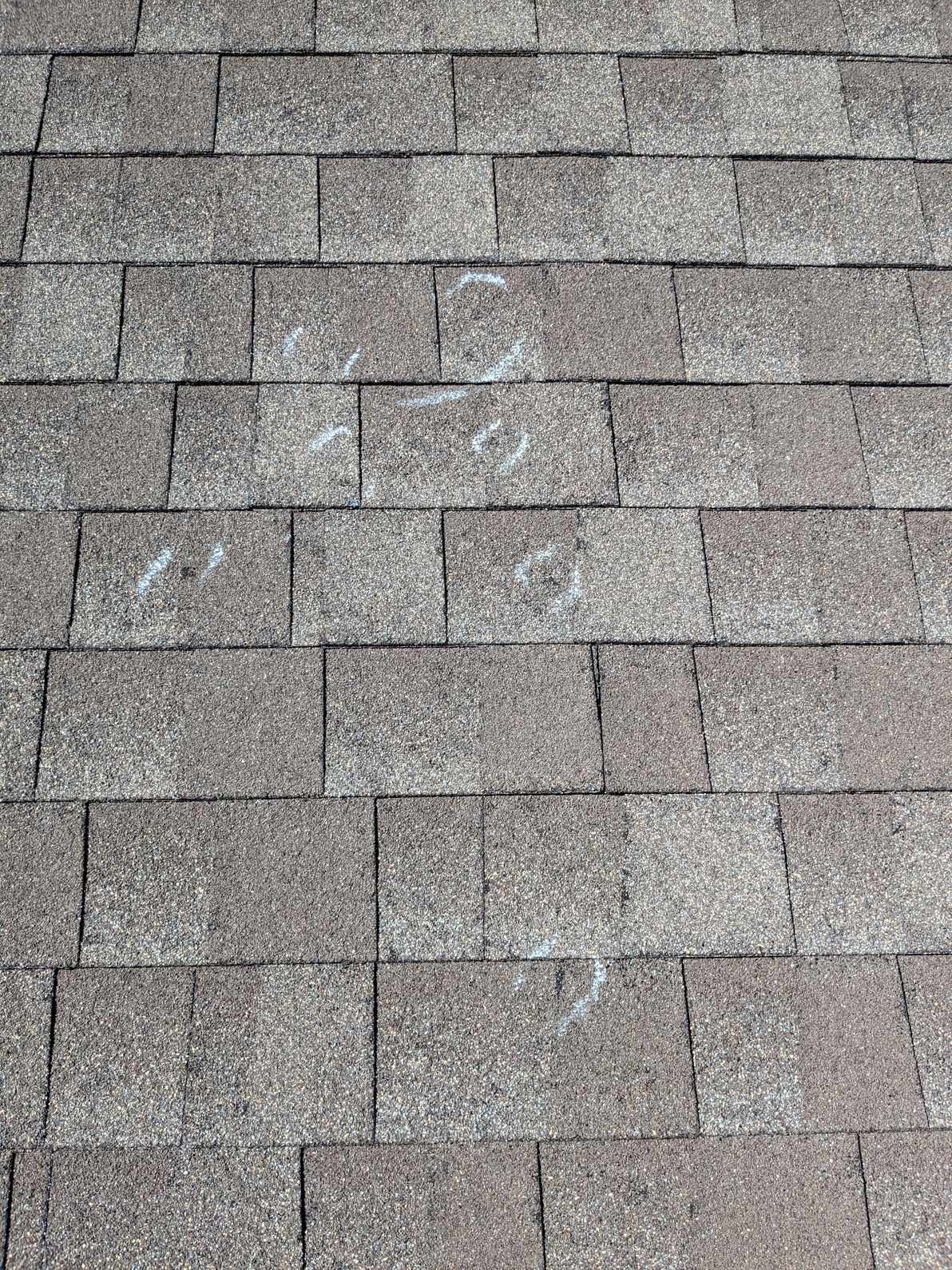The website is running an outdated PHP version (7.4); please upgrade it and check for any malware or security vulnerabilities.
6th June, 2024
Will Insurance Cover Roof Replacement? Know Your Policy
Introduction:
Roof replacement can be a significant expense for homeowners, leading many to wonder whether their insurance will cover the costs. In this article, we will explore the factors that determine whether insurance will pay for a roof replacement and provide insights to help you understand your policy better.
Understanding Homeowner's Insurance and Roof Replacement:
Homeowner's insurance policies typically cover roof damage caused by specific perils outlined in the policy, such as storms, fire, vandalism, or fallen trees. However, the extent of coverage and reimbursement for a roof replacement depends on several key factors.
Cause of Damage:
To qualify for insurance coverage, the damage to your roof must be a result of a covered peril. It's crucial to review your policy to understand the specific perils covered. Most policies exclude damage resulting from wear and tear or lack of maintenance.
Age and Condition of the Roof: Insurance companies consider the age and condition of your roof when assessing coverage. If your roof is older or has pre-existing damage, the insurance payout for a roof replacement may be limited. Some policies may provide actual cash value (ACV) coverage, which factors in depreciation, while others offer replacement cost value (RCV) coverage, which reimburses the full cost of replacement, minus your deductible.
Deductible: Your insurance policy includes a deductible, which is the amount you must pay out of pocket before your coverage applies. The deductible can vary depending on your policy, and it's important to understand the specific amount stated in your policy documents.
Policy Limits: Insurance policies have coverage limits, which is the maximum amount the insurer will pay for a covered claim. Ensure you are aware of your policy's limits for roof replacements, as exceeding the limits may result in additional out-of-pocket expenses.
Steps to Determine Coverage and File a Claim:
Review Your Policy: Thoroughly review your homeowner's insurance policy, paying close attention to the coverage section related to roof replacements. Understand the covered perils, deductibles, limits, and whether your policy provides ACV or RCV coverage.
Assess the Damage: If your roof has sustained damage, document the extent of the damage and gather evidence such as photographs and written descriptions. It's advisable to consult a professional roofing contractor to conduct a thorough inspection and provide an assessment report.
Contact Your Insurance Company: Notify your insurance company as soon as possible after discovering roof damage. Follow their guidelines for filing a claim, provide all necessary documentation, and accurately report the details of the damage.
Claims Adjuster's Inspection: An insurance claims adjuster will visit your property to assess the damage and determine coverage eligibility. Cooperate with the adjuster, providing access to the damaged areas and sharing the inspection report from your roofing contractor.
Claim Settlement: If your claim is approved, the insurance company will outline the terms of the settlement, including the reimbursement amount and any applicable deductibles. Ensure you understand the settlement details and address any questions or concerns with your insurance provider.
Conclusion:
Whether insurance will cover the cost of replacing your roof depends on various factors, including the cause of damage, age and condition of the roof, policy deductibles, and coverage limits. Review your homeowner's insurance policy carefully, assess the damage, and follow the necessary steps to file a claim if eligible. Consulting with a professional roofing contractor and maintaining regular roof maintenance can help prevent future complications and ensure you have adequate coverage when it comes to roof replacements.
Latest posts

How do I know if I need a new roof or a roof inspection?
6th June, 2024
Will Insurance Cover Roof Replacement? Know Your Policy
6th June, 2024





